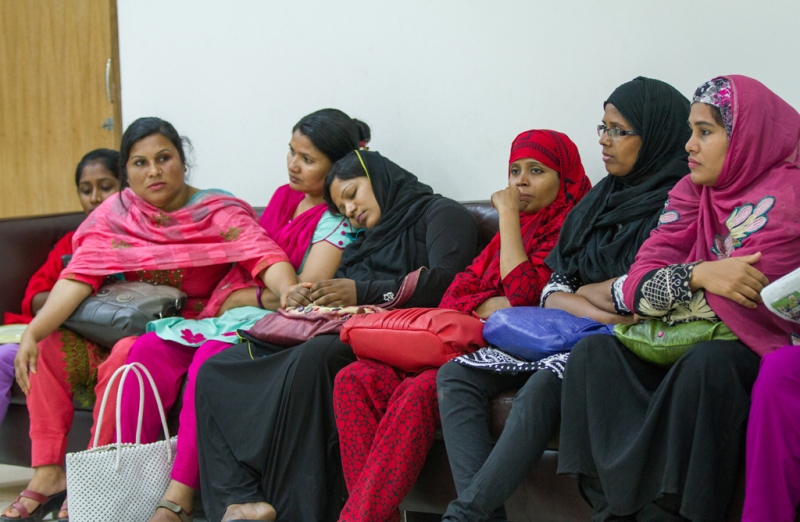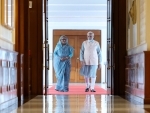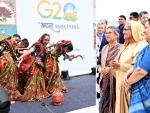Bangladesh
 Female Workers
Female Workers The gap between Bangladesh and Pakistan in women's rights is wide
Dhaka, April 9: Women in different parts of the world are still fighting for basic rights and equality. But that fight is not the same everywhere. For example, the gap between women's rights in Bangladesh and Pakistan, two countries in South Asia, is quite wide.
A comparative picture of the situation of women's rights in these two countries is revealed in a column by Fabian Bosart, founder and president of the International Think Tank Center for Political and Foreign Affairs (CPFA). His article was published on Thursday in the European-based opinion platform Modern Diplomacy.
The French analyst said that women have been discriminated against in Pakistan for many years. Economic, social, civic, political - there is no field where the women of the country are not neglected. They are constantly facing obstacles in matters like getting married of their choice or going out for work.
On the other hand, in the 50 years of independence, Bangladesh has made tremendous progress in improving the living standards of women. Maternal mortality is declining, birth rate is declining, and there is an excellent gender balance among school-going students. The Government of Bangladesh is committed to tackling challenges such as violence against women and child marriage. The participation of women in the workplace is increasing. The country's largest exporter, the readymade garments sector, employs more than three million women, and their participation in small and medium-sized businesses is growing.
The current legal status of women in Pakistan was shaped primarily during the military rule of Zia-ul-Haq. During that period from 1977 to 1987, several repressive laws were passed to make the discrimination against women in the public-private sector more apparent.
Through these laws, Pakistan has strayed far from the promise of becoming 'secular'. There the Hudud Ordinance was enacted, using a number of conservative principles of ‘Islamic law’ concerning family law and sexuality. However, issues like rape, 'honor killing', acid throwing, domestic violence, forced marriage remain neglected.
According to a 2019 report by Human Rights Watch, at least 1,000 honor killings occur in Pakistan every year. However, the actual number is supposed to be much higher. This is because, in many cases, reports of such murders are not made public or are portrayed by the family as suicides or natural deaths. Although a bill in 2016 upheld the sentence of honor killing, it did not change the situation much.



